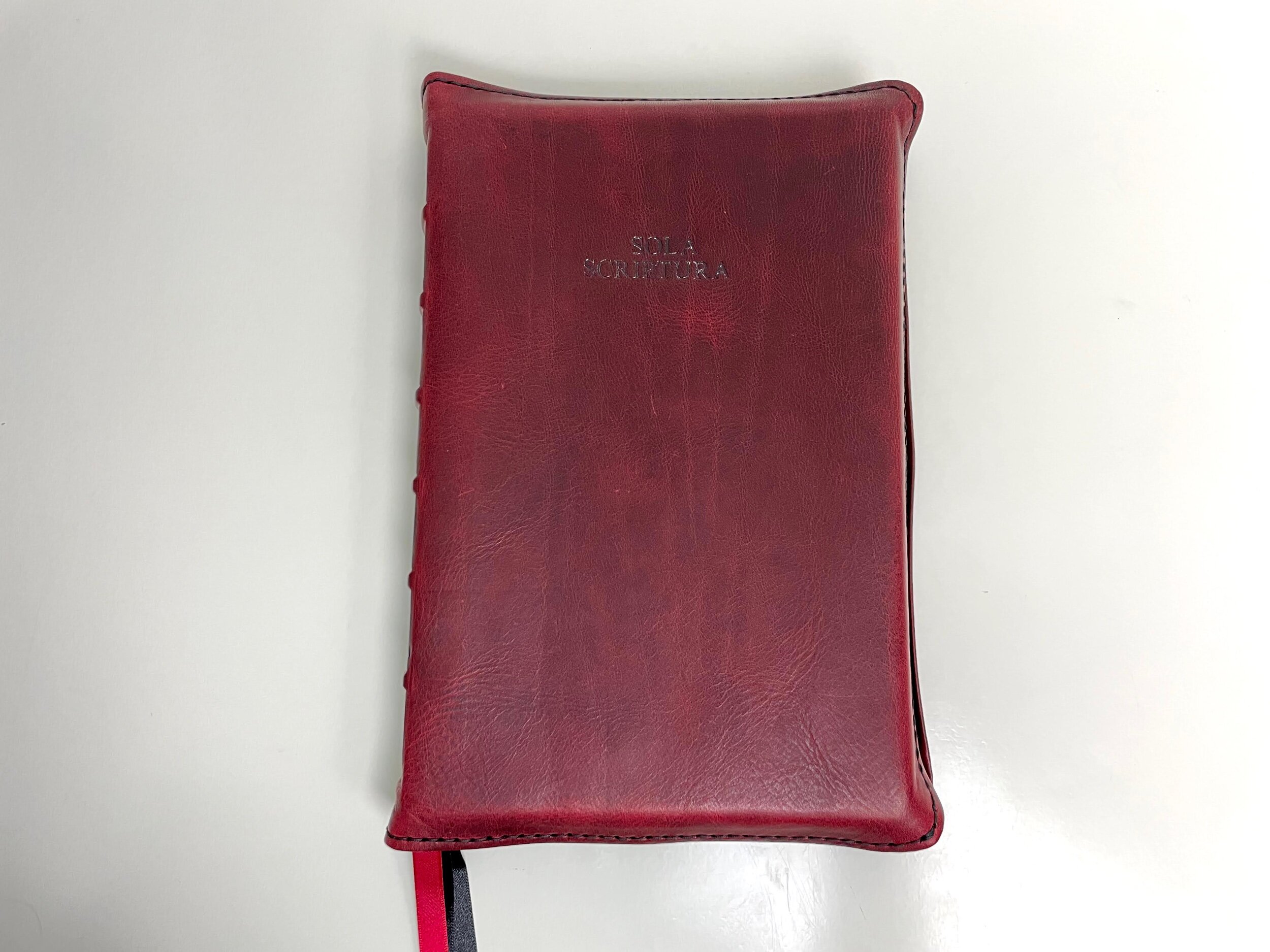Southern Discomforts: Tithing
I’ve lived in the south my whole life. I’ve also gone to Baptist churches my whole life. As with any culture, some things just become accepted as truth. In southern Baptist culture, many of us have accepted some things as true or untrue that aren’t actually found in the Bible. That’s what this new series—Southern Discomforts—is all about. I want to address some things we may be comfortable with that aren’t actually true and some things that we may be uncomfortable with that are actually true.
Let’s start with an easy one—tithing. Growing up as a Baptist in the south, I’d always heard a lot about 10 percent. You give the first 10 percent to God on everything you make is what I had always heard. Even more, you give the 10 percent of the gross income, not the net, because you want God to bless you off the gross of course. You don’t want a net blessing!
It turns out that the New Testament never commands Christians to tithe. Jesus does condemn the Pharisees for tithing on the smallest of things while totally neglecting bigger issues of the law. Jesus says in Matthew 23:23 (ESV), “Woe to you, scribes and Pharisees, hypocrites! For you tithe, mint and dill and cumin, and have neglected the weightier matters of the law: justice and mercy and faithfulness. These you ought to have done, without neglecting the others.” But here he is speaking to the conditions of their hearts. While he does affirm tithing here, he is speaking to those living by the Mosaic law where tithing was required. This was the Old Covenant.
On the other side of Jesus’ resurrection—the New Covenant—tithing is never mentioned. Instead, believers are often commanded to give generously. There is no number attached to that. However, for many of us, giving generously will look like giving much more than 10 percent of even our gross! We are called to take care of one another and those in need (1 Tim. 6:17-19). We are to be a people storing up our treasure in heaven (Matt. 6:19-21). Scripture consistently paints Christians as people who are living for a better kingdom than the one in this world.
It’s always uncomfortable to talk about money. However, maybe the discomfort can be less when there’s no specific figure attached. Instead, we should be people asking ourselves, “Am I giving generously?”




